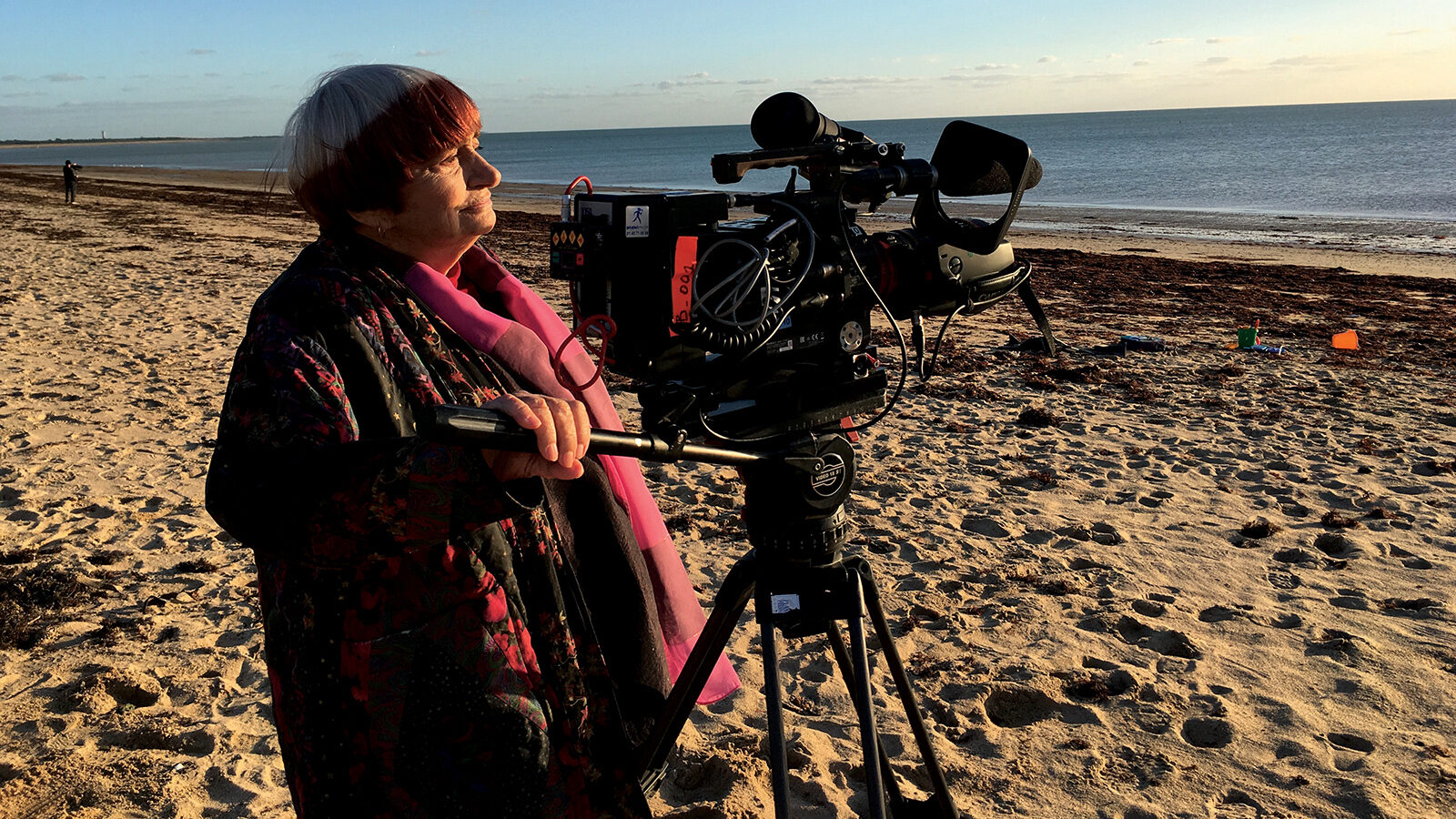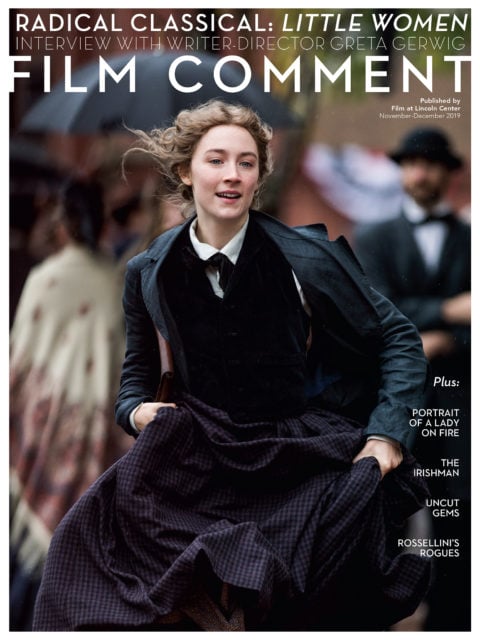
Short Takes: Varda by Agnès
It begins with the master director seated onstage in a French opera house, outlining her basic tenets of filmmaking. The setup seems to promise a feature-length film school lecture retrofitted as eulogy; instead, Agnès Varda crafts a vibrant and wholly alive addition to her oeuvre. Interspersing clips drawn from her 50-odd films with lecture footage, voiceover ruminations, and new interviews with former collaborators, Varda deepens the themes she’s mined in earlier autobiographical work.

Her guiding principles in making films: inspiration,creation, and sharing—and it’s the final one that ultimately triumphs. Varda by Agnès itself is a generous gift, a master class that’s both technically fascinating and artistically inspiring; her dedication to the shared experience is as baked into her formal DNA as it is into her political conscience. Her films are populated with neighbors and workers and passersby; song lyrics in the musical One Sings, the Other Doesn’t are borrowed from Marx and Engels; and her voiceover defaults to the first-person plural of a team. That “we” highlights cinematographers, composers, and performers—an act of dedication to film as collectivist pursuit.
Time itself was one of Varda’s subjects, particularly its subjectivity as felt experience and memory. As she says in a voiceover while explicating Jacquot de Nantes (1991),she made that film as Jacques Demy was dying, “not to stop time, to accompany time.” In Varda by Agnès, her very final film, she does the same.—Sierra Pettengill







